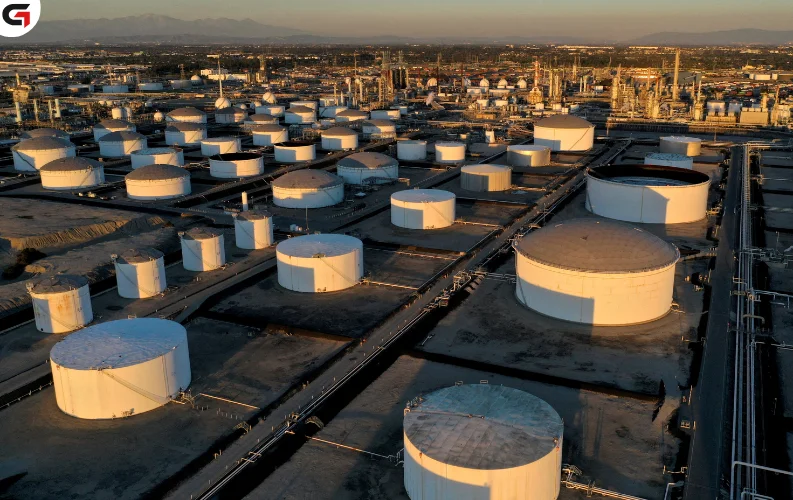Global oil prices surged more than 10% on Thursday following confirmation that Israel had launched strikes against Iran, marking a significant escalation in Middle East tensions and prompting fears of disruption to global energy supplies.
Benchmark oil contracts, including Brent Crude and Nymex light sweet crude, rose sharply as markets reacted to the possibility of retaliatory moves from Iran, a key oil-producing nation. The news sent shockwaves through commodity markets and raised concerns about potential instability in the Strait of Hormuz, a vital route for global oil shipments.
“It’s an explosive situation, albeit one that could be defused quickly, as we saw in April and October last year when Israel and Iran exchanged direct strikes,” said Vandana Hari, founder of energy analysis firm Vandana Insights.
However, she warned the situation could spiral into a larger conflict that severely disrupts the region's oil infrastructure and global supply.
Strait of Hormuz: A Critical Chokepoint
Analysts highlighted that the Strait of Hormuz, a narrow passage between Iran, Oman, and the UAE, plays a crucial role in the international oil trade. Around 20% of the world’s oil passes through this maritime corridor, making it one of the most strategically significant routes for global energy transportation.
At any moment, dozens of oil tankers transit the strait, carrying crude from major producers in the Gulf to markets in Asia, Europe, and beyond. Any military activity or obstruction in this area could lead to global fuel price spikes, affecting costs for transportation, logistics, food production, and industrial operations.
“What we see now is a very initial risk-on reaction,” said Saul Kavonic, head of energy research at MST Financial. “But over the next day or two, the market will need to factor in where this could escalate to.”
Impact on Consumers and Markets
Rising crude prices are expected to have a direct impact on fuel costs for consumers, increasing prices at petrol stations and inflating transportation-related expenses. Since oil is a foundational commodity, its ripple effects are likely to raise the cost of food, goods, and services globally.
The price rally also comes at a time when many economies are attempting to rein in inflation. Energy shocks could complicate central bank policies, especially in countries heavily dependent on imported oil.
Markets and governments around the world are now closely watching whether Iran retaliates militarily, and whether global oil producers will respond by adjusting output or releasing reserves to stabilize prices.
With diplomatic channels strained and no immediate sign of de-escalation, traders and analysts alike are bracing for more volatility in energy markets in the coming days.




















